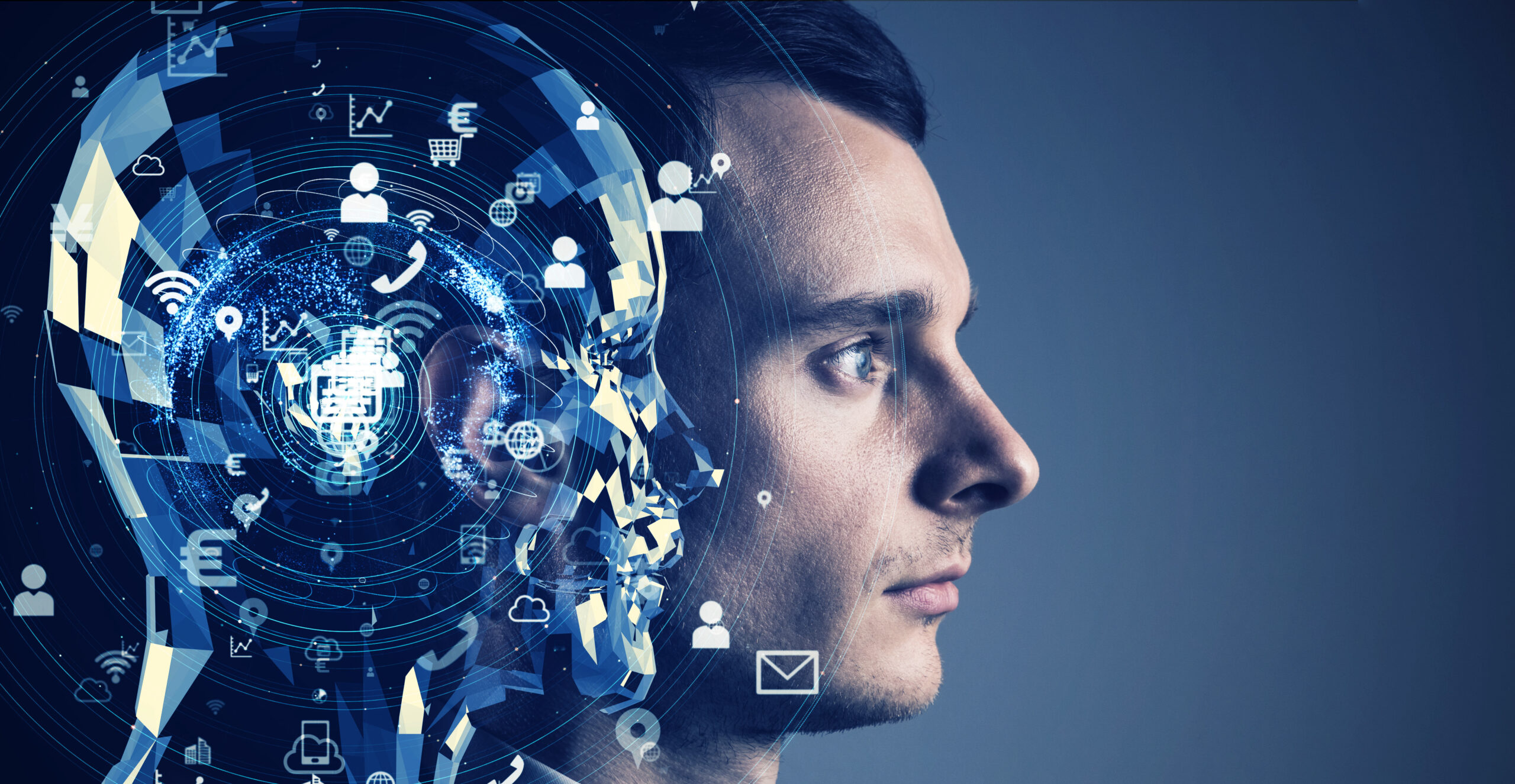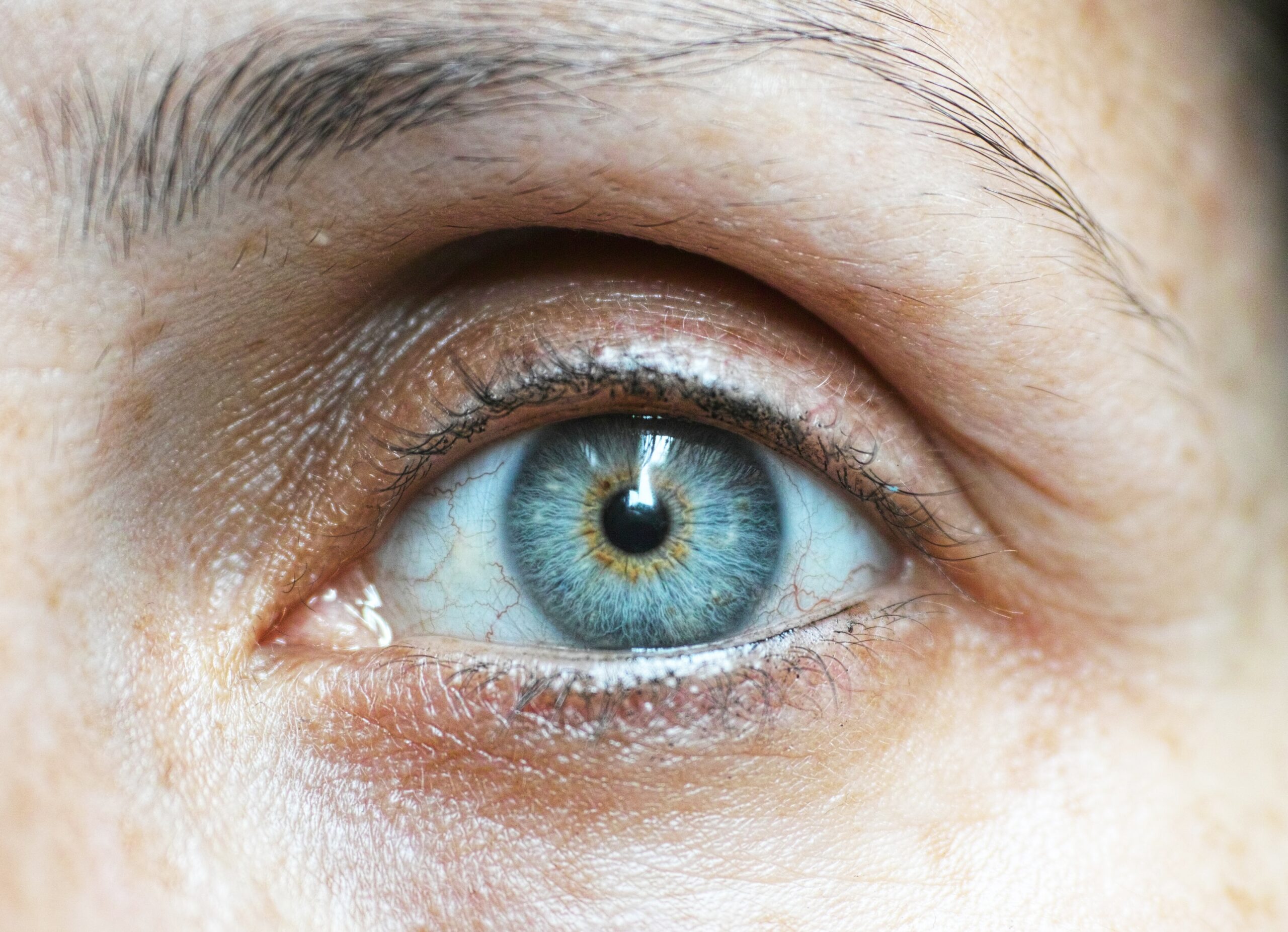
Are we conditioned by what comes before us, and therefore by a certain determinism? What role does free will play in our decision-making?
With the introduction of neuroscience into France’s Scientific School Committee and the arrival of cognitive science in the world of education, neuroscience is playing an increasingly important role in our daily lives.
FREUD had already revolutionised our self-awareness by highlighting three major changes brought about by science in our perception of ourselves and the world:
- On the one hand, by reminding us that the earth is not at the centre of the universe,
- Secondly, that man is an animal like any other
- And last but not least, that the ‘I’ is not the only master at home, by pointing out the role of the unconscious
The neurosciences seem to be adding a fourth, by suggesting that ‘Free Will’ is merely an illusion… This is one of Markus GABRIEL’s* thoughts. What he calls “Neurocentrism” puts forward the hypothesis that the “I” is identical to the brain: and therefore that our thoughts reside in this brain. However, the brain is not the mind… He raises these emblematic questions on the subject:
“If Google anticipates for me, does that mean it chooses for me? In other words, am I free to decide for myself or do other determinisms dictate my way of being? And can science alone unlock all the secrets of our brains?
Do the neurosciences, because they are determined, provide the only answer to understanding our brains and the way we function? The author attempts to answer these questions by proposing new ways of thinking.
Assess Manager takes up elements of the neuroscience model, but adds a number of nuances, in particular by integrating the notion of personality evolution: we believe that there is still free will in the face of predeterminism, and that GOOGLE is not omnipotent in predicting our actions, even if the probabilities point to major trends or probable orientations..
Let’s take an example:
If a person has a dominant “Organiser” and “Communicator”, they show an emotion-based functioning (limbic area). The Communicator will tend to function with their emotions, be expressive, enjoy sharing and tend to be enthusiastic. Organisers, on the other hand, tend to be punctual, orderly and “procedural”. The Expert will tend to work much more with thought (cortical area), like the emotions. If dominants exist at the outset, they do not affect the development of new resources, particularly towards other major dominants.
Here it is the cortical zone that predominates in the person’s natural temperament. In the evolution of their personality, we see a reduction in the Expert zone, in favour of the Organiser zone(more information and details on these 4 zones and their significance).
There are other things to think about: what motivates the profile? What is their relationship with the team? Do they know how to position themselves? Are they a leader or a follower?
In other words, and in order to provide more precise answers, Assess Manager’s approach is to broaden the perspective to include other models and to refine the neuroscientific analysis associated with predeterminism, in order to assess the area of free will used by each individual in their development.
In the light of all these considerations, and in order to have the most objective assessment of the way we operate, Assess Manager has incorporated elements of neuroscience into its managerial assessment (see diagram above); other models are also included in order to broaden the perspective and “think outside the box”.
The philosophy of our approach is precisely that of the right to evolve: a photograph of oneself is only accurate if it can change colour, frame and perspective, without being confined to a line that has already been drawn. This line certainly exists, but it is not the only one capable of explaining our evolution.
And you, where have you evolved the most?
You can find out more about the neuroscientific model, and many others, at www.assess-manager.com
* “Why I’m not my brain” – Markus GABRIEL

To go further with Assess Manager


